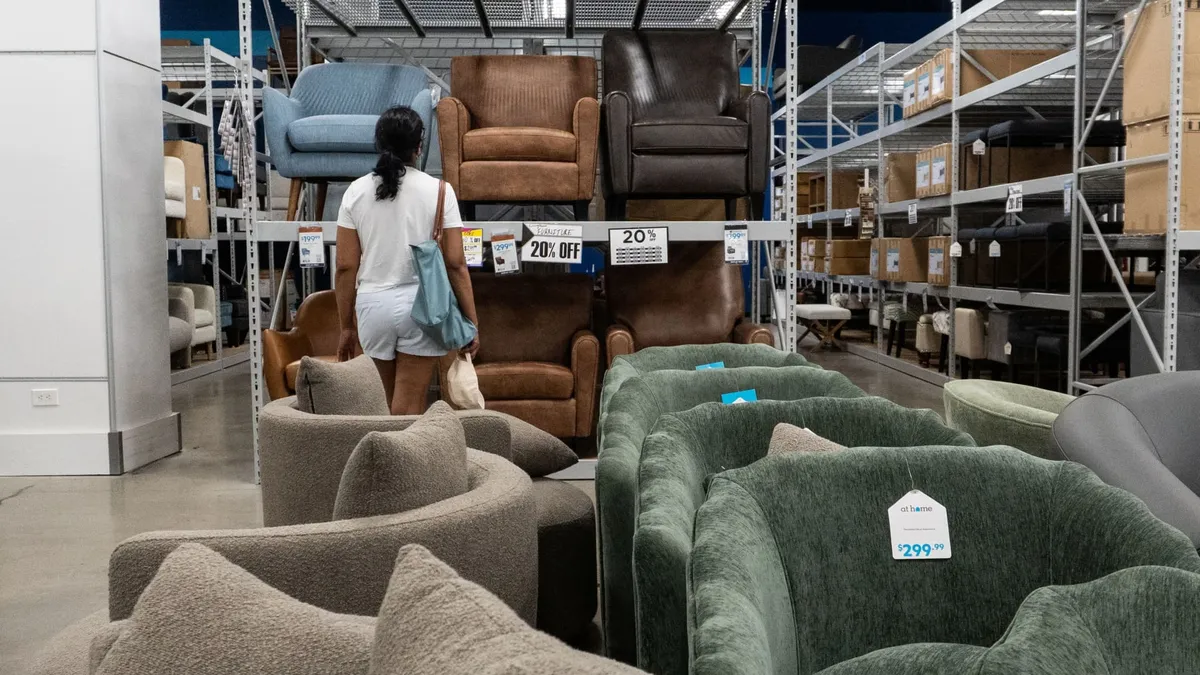
The Trump administration has initiated an investigation into the importation of furniture, signaling potential new tariffs on a wide array of products. On Friday, President Donald Trump announced via his Truth Social platform that the investigation is set to be completed within the next 50 days. This inquiry could lead to tariffs on furniture imported from various countries into the United States, although the specific rates have yet to be determined.
President Trump emphasized that these tariffs aim to revitalize the furniture business across key states, including North Carolina, South Carolina, and Michigan. Following the announcement, shares of major furniture and home goods companies plummeted in after-hours trading. Companies such as Wayfair, RH (formerly known as Restoration Hardware), and Williams-Sonoma, which rely heavily on imported furniture, faced significant declines in their stock prices.
While many companies are bracing for the impact of potential new tariffs, not all are experiencing the same downturn. For instance, shares of La-Z-Boy, a company that manufactures most of its products in the U.S., rose in response to Trump’s tariff plans. The looming tariffs could increase costs for several major furniture brands, potentially affecting their pricing strategies and profit margins.
President Trump has a history of imposing steep tariffs on various goods, including cars, steel, and aluminum. He has also considered similar customs duties on imported items such as copper, pharmaceuticals, and semiconductors. As of now, it remains unclear whether the proposed sectoral tariffs on furniture would be in addition to existing country-specific tariff rates.
The timing of these potential tariffs presents a challenge for the U.S. furniture industry, which has been grappling with a variety of issues. Companies like Wayfair have reported a decline in demand for over a year for items such as new couches and dining sets. This downturn can be attributed, in part, to a sluggish housing market, as prospective buyers are hesitant to purchase new homes while waiting for interest rates to decrease.
With the decrease in new home purchases, consumers have fewer incentives to buy new furniture. Additionally, persistent inflation has led consumers to be more selective about their discretionary spending. As a result, sectors like restaurants, clothing, travel, and home decor have all witnessed a downturn in sales. This shift in consumer behavior adds another layer of complexity for furniture retailers as they navigate the evolving market landscape.